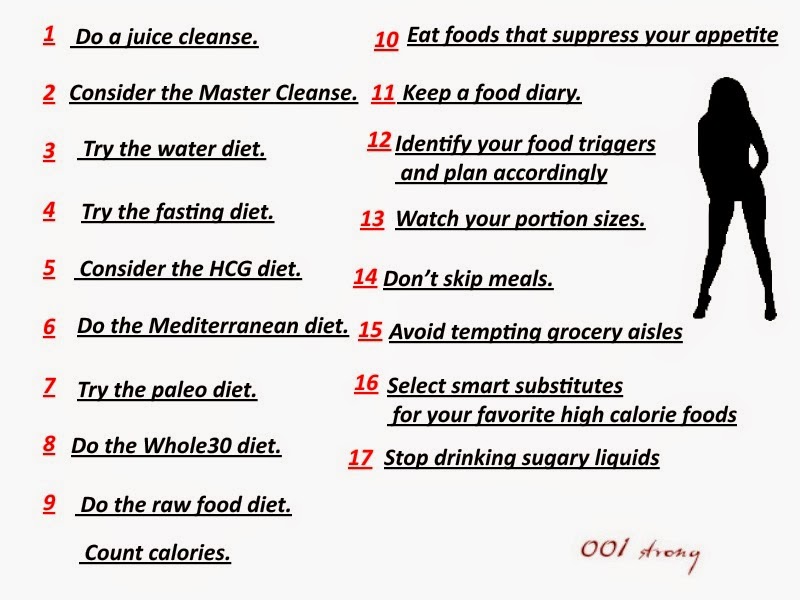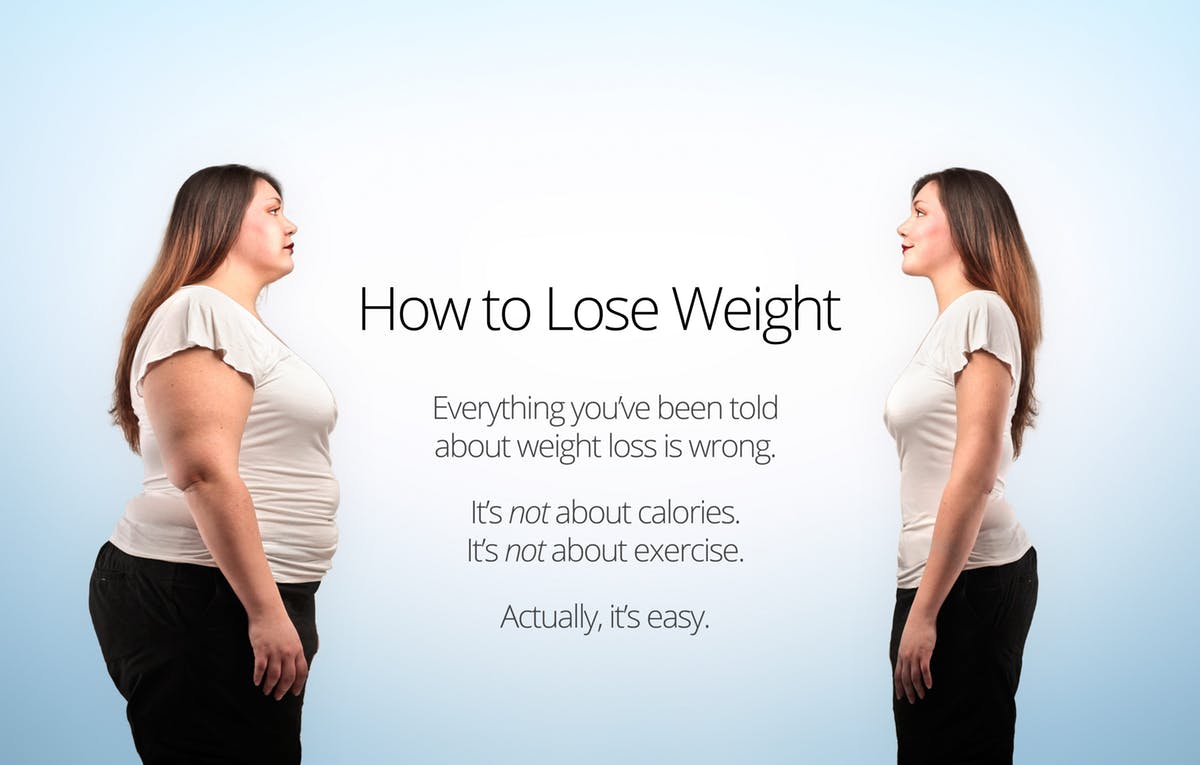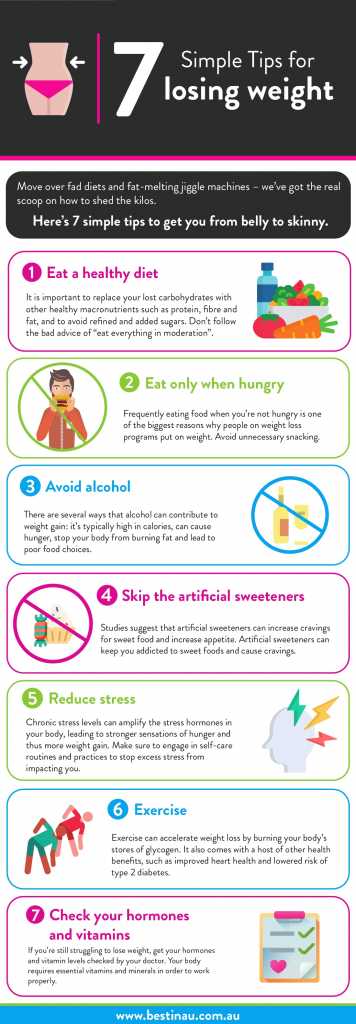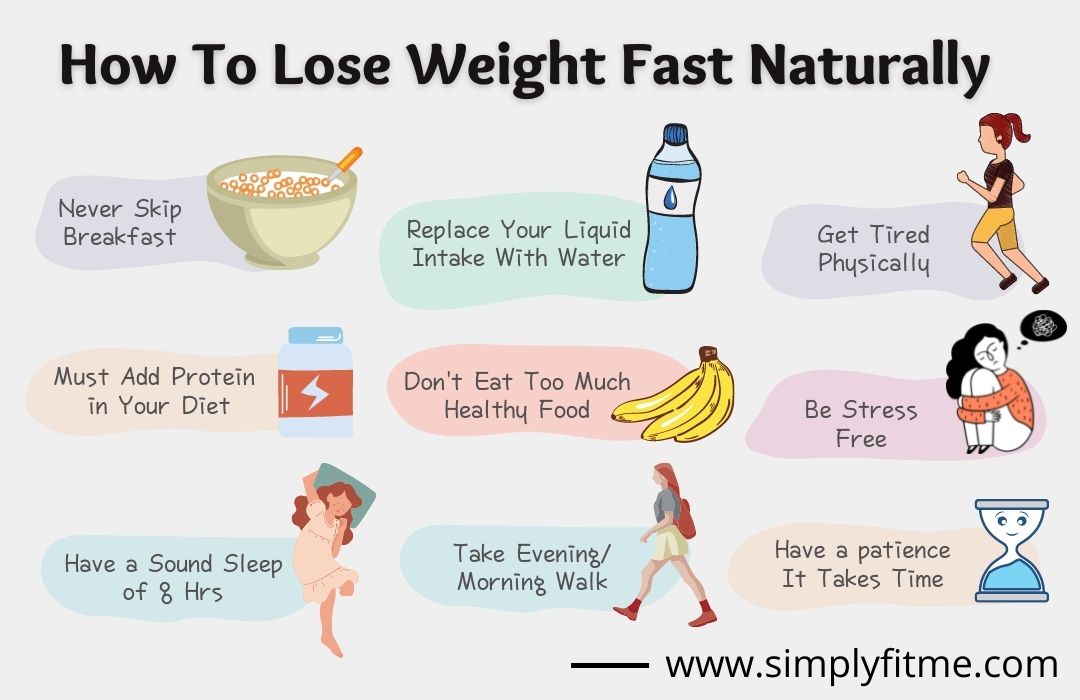How Fast Can You Actually Lose Weight
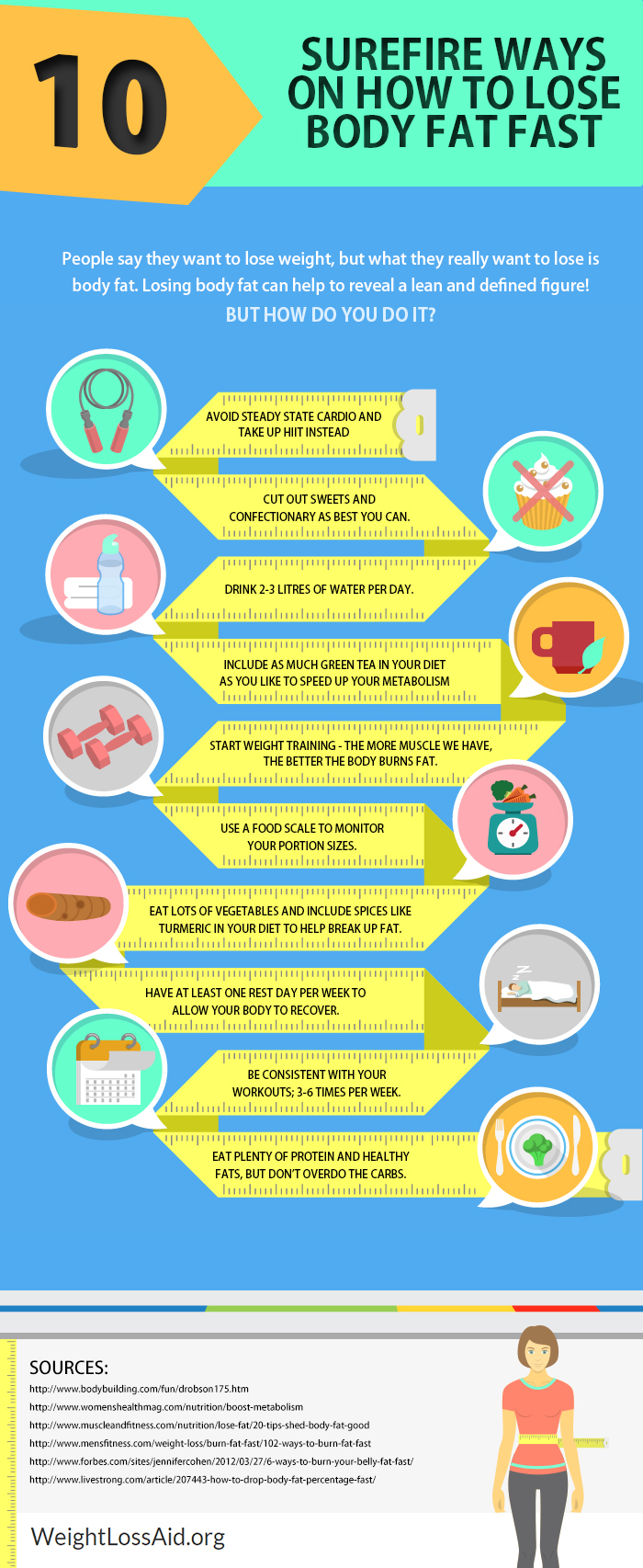
The quest to shed unwanted pounds is a journey undertaken by millions, often fueled by hopes of quick results. But amidst the promises of rapid transformations, a fundamental question remains: How fast can you actually lose weight safely and sustainably?
The answer, while not as sensational as some might hope, hinges on a complex interplay of factors, making it crucial to understand the science behind weight loss rather than falling prey to fleeting trends. Experts largely agree that a gradual, steady approach is not only more sustainable but also healthier in the long run. This article delves into the recommended rates of weight loss, the factors that influence them, and the potential risks associated with rapid weight reduction.
The Gold Standard: 1-2 Pounds Per Week
The Centers for Disease Control and Prevention (CDC) and the National Institutes of Health (NIH) recommend aiming for a weight loss of 1 to 2 pounds per week. This rate is generally considered safe and achievable for most individuals through a combination of dietary adjustments and increased physical activity.
This translates to creating a calorie deficit of 500 to 1,000 calories per day. This deficit can be achieved by reducing calorie intake through food choices and increasing calorie expenditure through exercise.
It’s a measured approach, emphasizing long-term lifestyle changes over quick fixes, and promoting overall well-being.
Factors Influencing Weight Loss Rate
Numerous factors influence the rate at which an individual can lose weight. These include initial weight, body composition, age, sex, activity level, and underlying health conditions.
Individuals with a higher starting weight often experience more rapid weight loss initially. This is because the body has more stored energy to draw upon.
Men tend to lose weight faster than women due to differences in muscle mass and metabolic rates. Age can also play a role, as metabolism naturally slows down with age.
Individual Metabolism: A Key Player
Metabolism, the process by which your body converts food and drink into energy, varies significantly from person to person. Factors like genetics, muscle mass, and hormone levels all influence metabolic rate.
Those with a faster metabolism may find it easier to lose weight, while those with a slower metabolism may need to work harder to create a calorie deficit. Understanding your own body's metabolic rate can be helpful in setting realistic weight loss goals.
It is advisable to consult with a registered dietitian or healthcare professional to assess and better understand your metabolic rate.
The Risks of Rapid Weight Loss
While the allure of rapid weight loss is undeniable, it often comes with significant health risks. These can range from relatively mild side effects to more serious complications.
Common side effects include fatigue, headaches, constipation, and nutrient deficiencies. More serious risks associated with rapid weight loss include gallstones, electrolyte imbalances, and heart problems.
In extreme cases, very low-calorie diets can even lead to sudden death. It is very important to consult with medical professionals before starting very low-calorie diets.
The Importance of Sustainable Habits
The most successful weight loss strategies focus on creating sustainable, long-term habits rather than relying on quick fixes or restrictive diets. This includes making gradual changes to your diet and increasing your physical activity level.
Focus on incorporating more fruits, vegetables, and whole grains into your diet. Also, aim for at least 150 minutes of moderate-intensity aerobic exercise per week.
Behavioral changes such as mindful eating, stress management, and adequate sleep also play a crucial role in achieving and maintaining a healthy weight.
A Human Perspective: Focusing on Overall Wellness
Ultimately, the focus should shift from solely chasing a number on the scale to prioritizing overall wellness. A healthy lifestyle encompasses not only weight management but also mental and emotional well-being.
Building a positive relationship with food, engaging in activities you enjoy, and seeking support from friends, family, or a therapist can contribute to a more holistic and sustainable approach to health.
Remember, the goal is not just to lose weight but to live a healthier, happier life.
Conclusion: Patience and Persistence Win the Race
While the desire for rapid weight loss is understandable, prioritizing a safe and sustainable approach is crucial for long-term success. Aiming for 1 to 2 pounds per week, focusing on healthy habits, and listening to your body are key principles.
Consulting with healthcare professionals can provide personalized guidance and support on your weight loss journey. Remember that weight loss is a marathon, not a sprint. Patience, persistence, and a focus on overall well-being will ultimately lead to the most rewarding results.
By understanding the science behind weight loss and prioritizing sustainable habits, you can achieve your goals without compromising your health.



